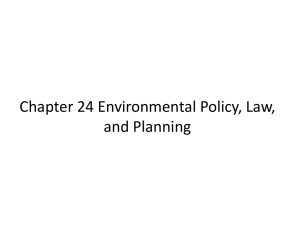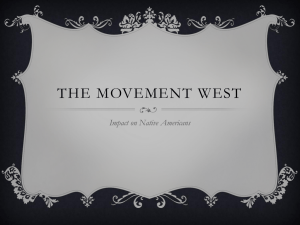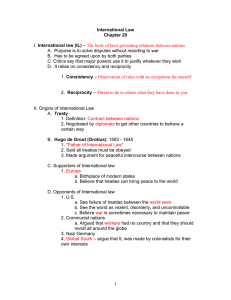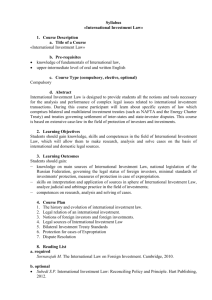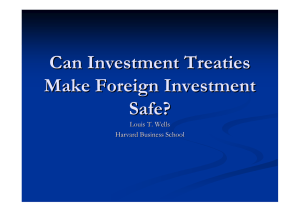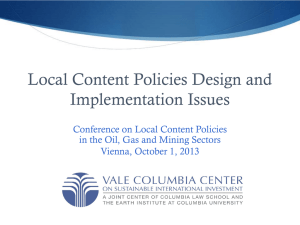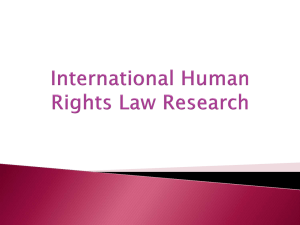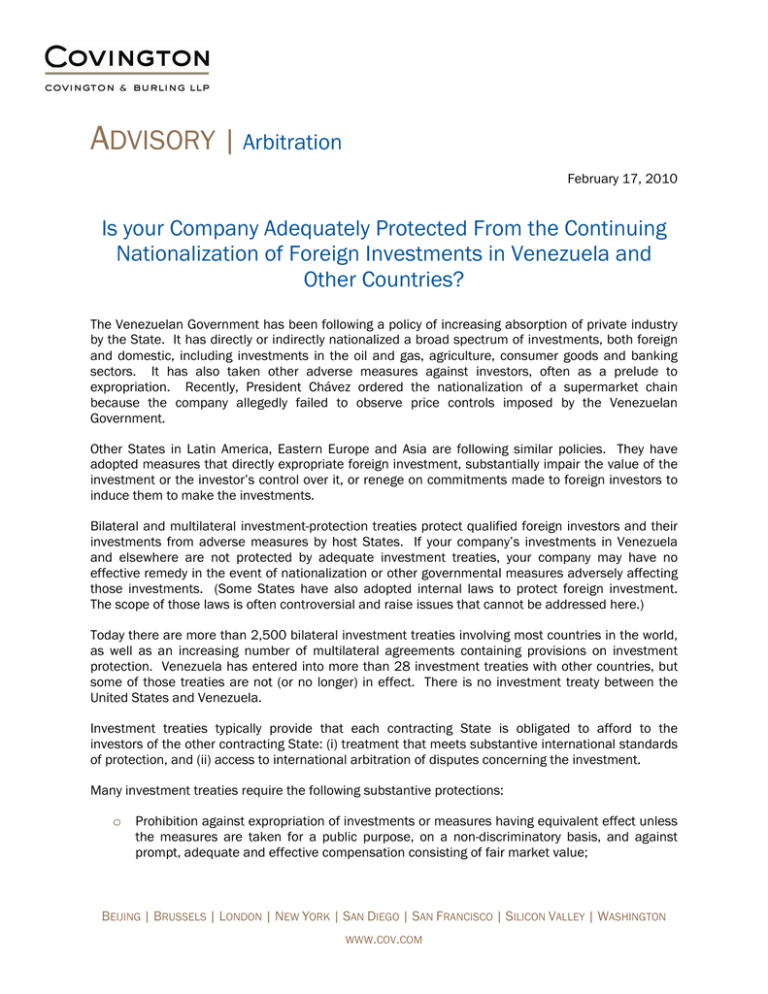
ADVISORY | Arbitration
February 17, 2010
Is your Company Adequately Protected From the Continuing
Nationalization of Foreign Investments in Venezuela and
Other Countries?
The Venezuelan Government has been following a policy of increasing absorption of private industry
by the State. It has directly or indirectly nationalized a broad spectrum of investments, both foreign
and domestic, including investments in the oil and gas, agriculture, consumer goods and banking
sectors. It has also taken other adverse measures against investors, often as a prelude to
expropriation. Recently, President Chávez ordered the nationalization of a supermarket chain
because the company allegedly failed to observe price controls imposed by the Venezuelan
Government.
Other States in Latin America, Eastern Europe and Asia are following similar policies. They have
adopted measures that directly expropriate foreign investment, substantially impair the value of the
investment or the investor’s control over it, or renege on commitments made to foreign investors to
induce them to make the investments.
Bilateral and multilateral investment-protection treaties protect qualified foreign investors and their
investments from adverse measures by host States. If your company’s investments in Venezuela
and elsewhere are not protected by adequate investment treaties, your company may have no
effective remedy in the event of nationalization or other governmental measures adversely affecting
those investments. (Some States have also adopted internal laws to protect foreign investment.
The scope of those laws is often controversial and raise issues that cannot be addressed here.)
Today there are more than 2,500 bilateral investment treaties involving most countries in the world,
as well as an increasing number of multilateral agreements containing provisions on investment
protection. Venezuela has entered into more than 28 investment treaties with other countries, but
some of those treaties are not (or no longer) in effect. There is no investment treaty between the
United States and Venezuela.
Investment treaties typically provide that each contracting State is obligated to afford to the
investors of the other contracting State: (i) treatment that meets substantive international standards
of protection, and (ii) access to international arbitration of disputes concerning the investment.
Many investment treaties require the following substantive protections:
o
Prohibition against expropriation of investments or measures having equivalent effect unless
the measures are taken for a public purpose, on a non-discriminatory basis, and against
prompt, adequate and effective compensation consisting of fair market value;
BEIJING | BRUSSELS | LONDON | NEW YORK | SAN DIEGO | SAN FRANCISCO | SILICON VALLEY | WASHINGTON
WWW.COV.COM
COVINGTON & BURLING LLP
o
Obligation to afford fair and equitable treatment, which several arbitral decisions have
interpreted to include the obligation to provide a stable and transparent legal and business
environment and the obligation not to frustrate the investor’s legitimate expectations;
o
Obligation to afford full protection and security to the investment;
o
Prohibition not to impair by arbitrary or discriminatory measures the management,
maintenance, use, enjoyment or disposal o foreign investments;
o
Prohibition to afford to foreign investors or investments treatment that is less favorable than
that accorded to companies of the host State or a third State; and
o
Prohibition against imposing restrictions on the transfer of funds, including the repatriation
of dividends, loans and investments.
Most investment treaties provide for the settlement of investment disputes by means of binding
international arbitration. Often the investor is given a choice of submitting a dispute to institutional
arbitration (administered by an institution such as ICSID, ICC or SCC) or ad hoc arbitration conducted
under rules such as those elaborated by UNCITRAL. The arbitral tribunal normally has the power to
award damages in case of breach of the treaty.
Although most investment treaties contain similar provisions, they do not necessary cover investors
or investments with equal breadth or afford the same level of protection to the investments they
cover. For example, some treaties impose more stringent requirements than others for an investor
or an investment to qualify for protection. Some treaties require substantive standards of treatment
that are more protective than the standards required by other treaties. Each investment treaty must
be examined on its own and the degree of protection it affords must be compared with the degrees
of protection provided by other available treaties.
Any company contemplating an investment abroad should study the investment treaties that may be
in force for the host State and structure the investment accordingly. Generally, a company would be
well advised to use an investment vehicle incorporated in a State that has entered into a highly
protective investment treaty with the host State. A U.S. based company should not simply assume
that U.S. investment treaties, if available, offer the highest degree of protection. Investment treaties
made recently by the United States are in some respects less protective of investments than past
U.S. treaties or treaties made by other countries.
As new investment treaties come into force, companies should keep the structure of their overseas
investments under periodic review, especially in the case of investments that were initially structured
without considering the availability or relative merits of investment treaties. It is seldom too late to
restructure an investment to increase the degree of protection. But an investor should not wait for
clouds to gather on the horizon before buying a good umbrella, and should certainly not wait until it
starts to rain. The longer an investor waits to take protective action, the greater the likelihood that
the host State will challenge the validity or effects of the restructuring or question the investor’s
motivation. Even if such charges have no merit, they will increase the costs, delays, and risks of
arbitration.
As the recent actions of the Venezuelan Government illustrate, foreign investors in Venezuela and
elsewhere need the protection afforded by investment treaties. We urge our clients to pay close and
immediate attention to this issue. We have extensive experience in counseling clients on
investment-treaty protection, as well as representing them in investment-treaty arbitration.
C&B
2
COVINGTON & BURLING LLP
If you have any questions concerning the material discussed in this client alert, please contact the
following members of our arbitration practice group:
Oscar M. Garibaldi
Miguel López Forastier
202.662.5624
202.662.5185
ogaribaldi@cov.com
mlopezforastier@cov.com
This information is not intended as legal advice. Readers should seek specific legal advice before acting with regard to the subjects
mentioned herein.
Covington & Burling LLP, an international law firm, provides corporate, litigation and regulatory expertise to enable clients to achieve their
goals. This communication is intended to bring relevant developments to our clients and other interested colleagues. Please send an
email to unsubscribe@cov.com if you do not wish to receive future emails or electronic alerts.
© 2010 Covington & Burling LLP, 1201 Pennsylvania Avenue, NW, Washington, DC 20004-2401. All rights reserved.
C&B
3

